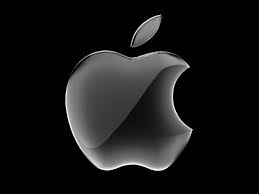According to ESPN, the Philadelphia Eagles football organization has terminated the employment of a stadium operation worker, Dan Leone, for a status update that he had posted onto Facebook.
Dan was a part-time staff member who worked as a "west gate chief" [I assume he was a ticket-taker, or some other relatively minor level stadium employee]. On his Facebook profile, Leone updated his status to read:
"Dan is [expletive] devastated about [Eagles' running back Brian] Dawkins signing with Denver ... Dam Eagles R Retarted!!"
Granted, Mr. Leone's status update posting was certainly unwise. It was not only derogatory and crude, but was highly improvident. Surely his employ as a ticket-taker was an at-will arrangement, and the Eagles (as employer) most likely maintained the legal right to terminate his employment for such a remark.
However, this incident personifies a common contention, that Facebook is "destroying privacy". Case-in-point: people are losing their jobs (in these troubled times) for supposedly private remarks amongst their Facebook friends. If Dan Leone had made the same remark to his buddies at a bar, his (enviable) position with the Eagles organization would not have been terminated.
But Dan didn't make this comment to his buddies at a bar. He knowingly posted them onto Facebook. Leone is aware of his error, admitting"I shouldn't have put it up there. I was ticked off, and I let my emotions go...". His mistake was plainly an short-sighted underestimation regarding the scope and nature of his audience.
People need to recognize that what they are doing and saying on sites like Facebook, MySpace and Twitter are only semi-private, at best. Statements published online not only reach a potentially infinite audience, but they exist in perpetuity for a veritable infinite amount of time.
Mr. Leone's firing may be questionable on the part of the Eagles organization itself (from a free speech/right to criticize standpoint), it cannot, however, be viewed as the fault of Facebook's platform.
People publishing content using social media should simply know better (John Dvorak has even suggested we need to license all users, as we do for automobiles). Just take responsibility for your online footprint(s), as much as you would in the real-world.


